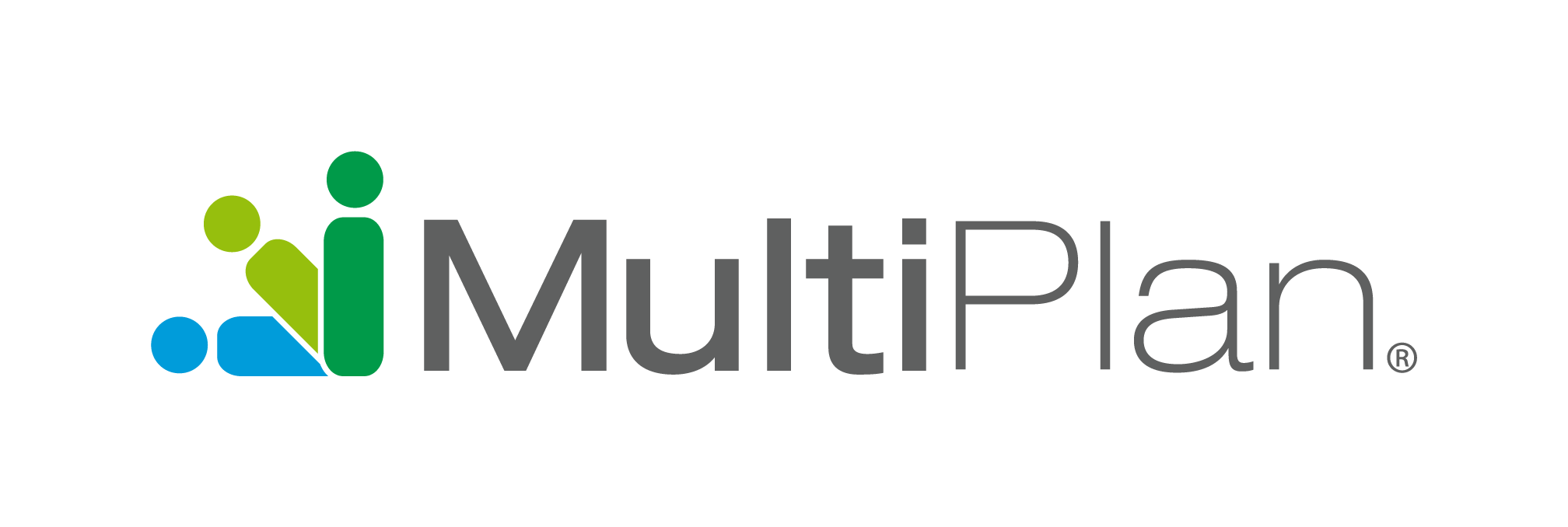What is a surprise bill?
Surprise medical bills occur when patients are treated by out-of-network (OON) providers under circumstances where they are unable to plan for or avoid the OON service (e.g., emergency care). Surprise bills can also occur when a patient is unaware their care will be administered by an OON provider. For example, when a member chooses an in-network facility for their care, they likely assume the providers they encounter will also be in-network, only to find out that’s not the case.
Why is this healthcare legislation important?
Currently, 1 in 5 emergency healthcare claims and 1 in 6 in-network hospitalizations are said to include out of network charges. The No Surprises Act prohibits providers from balance billing patients for these charges, ensures patients are only responsible for in-network cost-sharing amounts for these services, and establishes a dispute resolution process for any provider-payer disputes. States with surprise billing laws that regulate fully insured plans remain intact. The Act fills the gap by enforcing protections for self-insured (ERISA plans) and fully insured plans with no state surprise bill law.
What health plans are affected?
The No Surprises Act applies to participants, beneficiaries and enrollees in group health plans and group and individual health insurance coverage offered by health insurance issuers and FEHB plans. The law also applies to grandfathered health plans (as defined in section 1251(a) of the Affordable Care Act). By definition in underlying law, “individual health insurance coverage” does not include short-term, limited-duration plans. Underlying law also excludes “excepted benefits,” such as standalone dental or vision plans. It does not exclude indemnity plans or plans that use reference-based pricing in lieu of a full or partial provider network, but it does acknowledge that the scope would be limited to emergency services for plans with no facility network. New sections are added to ERISA and to the Internal Revenue Code to apply the provisions of the law to group health plans and to group health insurance coverage offered by health insurance issuers. By applying the surprise billing and other provisions of the Act to existing sections of the Public Health Services Act, it applies those provisions to both insured and self-insured State and local governmental health plans.
How does this change how payors reimburse out-of-network claims?
The No Surprises Act changes both pre- and post-payment procedures. Pre-payment, payors must now calculate two new values: 1. The Qualified Payment Amount or QPA, which is the plan’s median contract rate adjusted for market CPI (CPIU) and 2. The Recognized amount or RA, which is the same as QPA or billed charges (if lesser than QPA) for ERISA plans and fully insured plans with no state payment standard. The RA now becomes the basis for member cost share rather than the member cost share being based on the actual reimbursement (for insured plans in states with a state payment standard, that standard is the basis for determining member cost share). Post-payment, if the provider does not accept the initial payment, the provider and payor are required to negotiate. The negotiation period is 30 days and if the parties are unable to come to agreement, either can request an independent dispute resolution process. Here each party submits their final payment offer to an arbitrator, and the arbitrator decides which one to accept. QPA is a key consideration – and potentially the primary consideration — the arbitrator will take into account.
The No Surprises Act does not dictate how the payor reimburses the provider initially. This means that existing OON cost management strategies, including reference-based pricing, are still valid. That said, because of the required negotiation and potential arbitration, payors should consider how their existing strategies compare to QPA and evaluate if refinements to their approach may be warranted. Ideally, payors will reimburse these claims at a level that manages cost while minimizing the need for post-payment negotiated or arbitrated adjustments.
The information provided on this website does not, and is not intended to, constitute legal advice; instead, all information, content, and materials available on this site are for general informational purposes. If you have questions about how the No Surprises Act applies to your organization, please consult your legal counsel.
References
EBG. (2021, January 20). JD Supra. Retrieved from www.jdsupra.com: https://www.jdsupra.com/legalnews/the-no-surprises-act-implications-for-2288272/
KFF. (2021, February 04). Retrieved from www.kff.org: https://www.kff.org/private-insurance/fact-sheet/surprise-medical-bills-new-protections-for-consumers-take-effect-in-2022/

